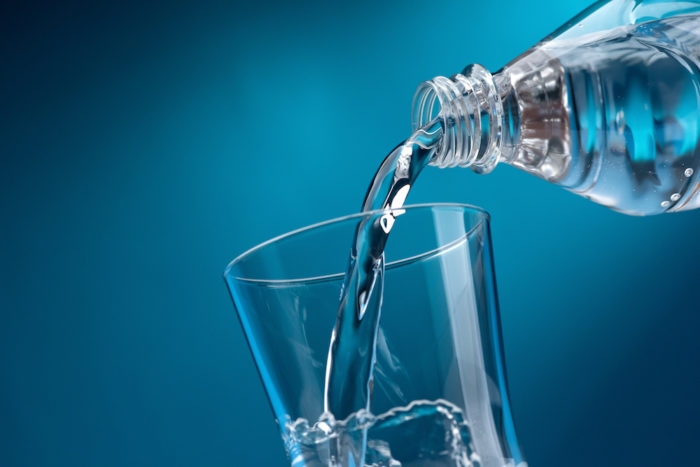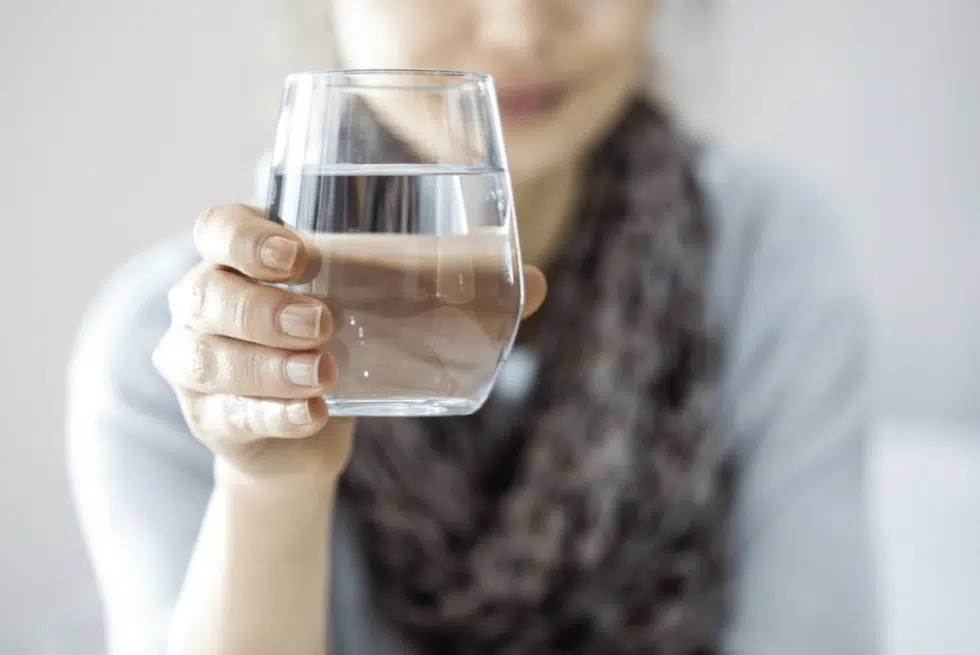Water, as an indispensable nutrient, is pivotal for sustaining life and orchestrating numerous physiological functions within the human body. It serves as a building block in all of our body’s cells as well as in the many tissues and compartments.
Due to its high heat capacity, water aids in thermoregulation by reducing body temperature fluctuations in warm or cold environments. It facilitates the exchange between ions, capillaries, and blood vessels and also acts as a carrier in the human body aiding the transportation of nutrients to the cells. Water also plays a vital role in the removal of waste from the body and regulation of blood circulation.
There are three main sources of water inputs. First, the water that we drink is made up of water and other liquids that have a high water content—85 to >90%. Next is the water we consume from a variety of meals that range in water content from 40 to >80%. Finally, the oxidation of macronutrients yields the water that we make.
Since water makes up around 60% of our total weight, it is the primary component of our body. The water content of the body changes with its makeup.

The amount of water required for a given population is defined by empirically derived intake levels that are predicted to meet the nutritional demands of a healthy population. This is the amount of water that is considered adequate for newborns, adolescents, adults, and older people. Compared to adults, water makes up a larger portion of the body weight in newborns and children.
In accordance to The Food and Nutrition Board there are certain established values considered as sufficient quality of water intakes from liquids. 0.7 liters per day for babies ages 0–6 months, 0.6 liters per day for babies ages 7–12 months, 0.9 liters per day for kids ages 1-3, and 1.2 liters per day for kids ages 4–8. For male teenagers ages 9 to 13, 14 to 18, and adult males, the requirement of water is 1.8, 2.6, and 3.0 liters of water per day. Female teenagers between the ages of 9 and 13 require 1.6 liters per day, 14 to 18 require 1.8 liters per day, and adult females require 2.2 liters per day.
An increasing amount of research is showing how crucial staying well hydrated is to preserving good health, particularly in terms of weight control, kidney stone risk, and cognitive function. Healthy people who maintain their water balance are in a normal hydration state. Hydration in turn plays several important roles, particularly for neurological function (such as mood and cognitive function), gastrointestinal and renal function, body weight and composition, and skin health.
However, absence of water balance results in dehydration. Dehydration leads to acute disorders like heatstroke. Also, it can raise the risk of chronic kidney disease, kidney stones, urinary tract infections, metabolic diseases, and cardiovascular diseases.
Observational researches suggest that increasing fluid intake is a preventive measure against kidney stones due to the correlation between low total fluid consumption and high risk for kidney stones. Fluid restriction leads to decrease in stool weight and frequency as well as an increase in the likelihood of constipation. However consumption of fluids restores bowel function to normal with the resumed regular. Hence it is crucial to be conscious of our intake of water amidst busy lifestyle and daily schedules.
Some common myths related to water consumption are that drinking liquids is the only way to stay hydrated, one cannot drink too much water, and if a person is not thirsty, then they are not dehydrated. Nevertheless, it is possible to overindulge in water and consume more than your body can process, which can result in a condition known as hyponatremia or water poisoning.

Water is essential to almost every biological process. Therefore, it’s critical for health to make sure the body gets enough water to sustain normal function. According to a study, drinking water can enhance mood and visual attention, whereas experiencing extreme hypohydration has been proven to impact short-term memory and visual perception negatively.
Headaches are believed to be caused by hypohydration, and some types of headaches may be relieved by drinking more fluids. Hypohydration, which is under indulgence of water, is linked to an increase in negative emotions like stress, exhaustion, wrath, and hostility.
Getting adequate fluids each day is the best defense against dehydration. Independent of changes in caloric intake, increased water consumption helps obese persons lose weight and/or reduce body fat.
Drinking more is advised when exercising or being active in hot weather because these activities cause increased sweating. Doctors normally advise women to drink approximately 9 cups of fluid each day and males approximately 13 cups. This is believed to lead to frequent urination but in some cases frequent urination can be caused by some illnesses, such as diabetes or chronic renal disease, as well as some medications. As a result, individuals suffering from these conditions should focus on consuming more water.
Understanding the nuanced dynamics of hydration, from recommended intake levels to diverse fluid sources, empowers individuals to prioritize adequate hydration as a fundamental aspect of daily health maintenance. However, misconceptions surrounding hydration underscore the importance of accurate information dissemination to dispel myths and promote informed choices. Hence, it is important to embrace hydration as a proactive element of health management and to incorporate practical strategies into daily routines, in order to help individuals stay protected against dehydration.
SOURCES




